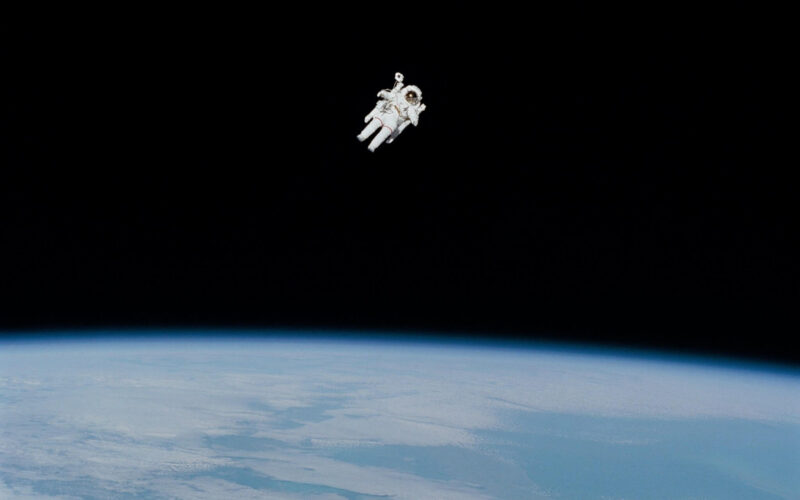Space is infinite and endless. Over the years, scientists and space-technology geeks have been trying to make the way to space more open for not only astronauts.
Nowadays, people more and more want the endless three-dimensional extent as a place for traveling. The rising need for the commercial space industry started a new race for spaceflight companies, including Virgin Galactic, SpaceX and Blue Origin. Each of spaceflight companies brings new innovative decisions to the space ecosystem to make space travel and space tourism more accessible.
One of the frontrunners of the commercial space industry is the British spaceflight company Virgin Galactic. The founder of the Virgin Galactic is Richard Branson, who started the company as a division of Virgin Group in 2004. Virgin Galactic is developing commercial aircraft to provide suborbital space flights for space tourism and scientific missions. Generally, Virgin Galactic aims to make commercial space tourism accessible for everyone.
The Virgin Space Ship Unity as well known as VSS Unity of the British spaceflight company has to offer SpaceShipTwo. The Scaled Composites Model 339 SpaceShipTwo (SS2) is an air-launched suborbital spaceplane type created for space tourism. The rocket-powered spaceplane can carry six passengers and two crew members. It also rises to a height of about 55 miles, giving passengers a little taste of weightlessness, before gliding back to Earth and landing on a runway. The spaceflight company has already sold over 700 tickets, costing $250,000 each, for future flights.
In 2020, Virgin Galactic made a new Space Act Agreement with NASA. The new partnership aims to grow the commercial use of the orbiting outpost of the space agency. The main focus of Virgin Galactic is to form a modern Private Orbital Astronaut Readiness Program for NASA. A new commercial-space-tourism program aims to find organizations and companies that have an interest in sending people to the space station for either traveling or scientific reasons, then finding the right spacecraft to provide them transportation.
Virgin Galactic will begin regulating private astronaut trips to the International Space Station for NASA later in 2020.
Another significant leader in the commercial space industry is SpaceX, which was founded by Elon Musk in 2002. The American aerospace and space transportation company designs and launches rockets and spacecraft. SpaceX aims to revolutionize space transportation, with the ultimate goal of making life multi-planetary.
The American spaceflight company has gained global attention for a series of historic milestones. In 2010, SpaceX became the only private company ever to return a spacecraft from low-Earth orbit. In 2012, SpaceX made history again when its Dragon spacecraft connected to the International Space Station, exchanged cargo payloads and returned safely to Earth. Since then, Dragon has delivered cargo to and from the space station multiple times, providing missions for NASA regularly.
At the beginning of 2020, SpaceX started a collaboration of commercial private astronaut flights with Space Adventures, a private space tourism company that has already launched private astronauts to space.
In May 2020, SpaceX launched two NASA astronauts aboard its Crew Dragon spacecraft that became an enormous accomplishment for both the company and the U.S. space agency. It also became a big step to the active reality of the commercial space industry, where private companies and individuals buy tickets for passenger trips to space.
The ultimate goal of SpaceX is to establish colonies on other planets.
Another shining star in the commercial space sky is Blue Origin. The American privately funded aerospace manufacturer and sub-orbital spaceflight company was founded by Jeff Bezos in 2000.
With the vision to enable a future where millions of people are living and working in space to benefit Earth, Blue Origin plans to produce a booster rocket with an attached passenger capsule to travel to suborbital space, speeding up to 60 miles. The spaceflight company is making tremendous progress on the structures, systems and infrastructure supporting their New Glenn heavy-lift rocket.
Though the company is traditionally quite secretive about most of their operations, they have recently revealed more information about the first spaceflight date of no earlier than 2021.
In 2019, Blue Origin was chosen for the NASA Commercial Lunar Payload Services (CLPS) initiative that is focused on building a great marketplace to deliver payloads between Earth and the Moon.

